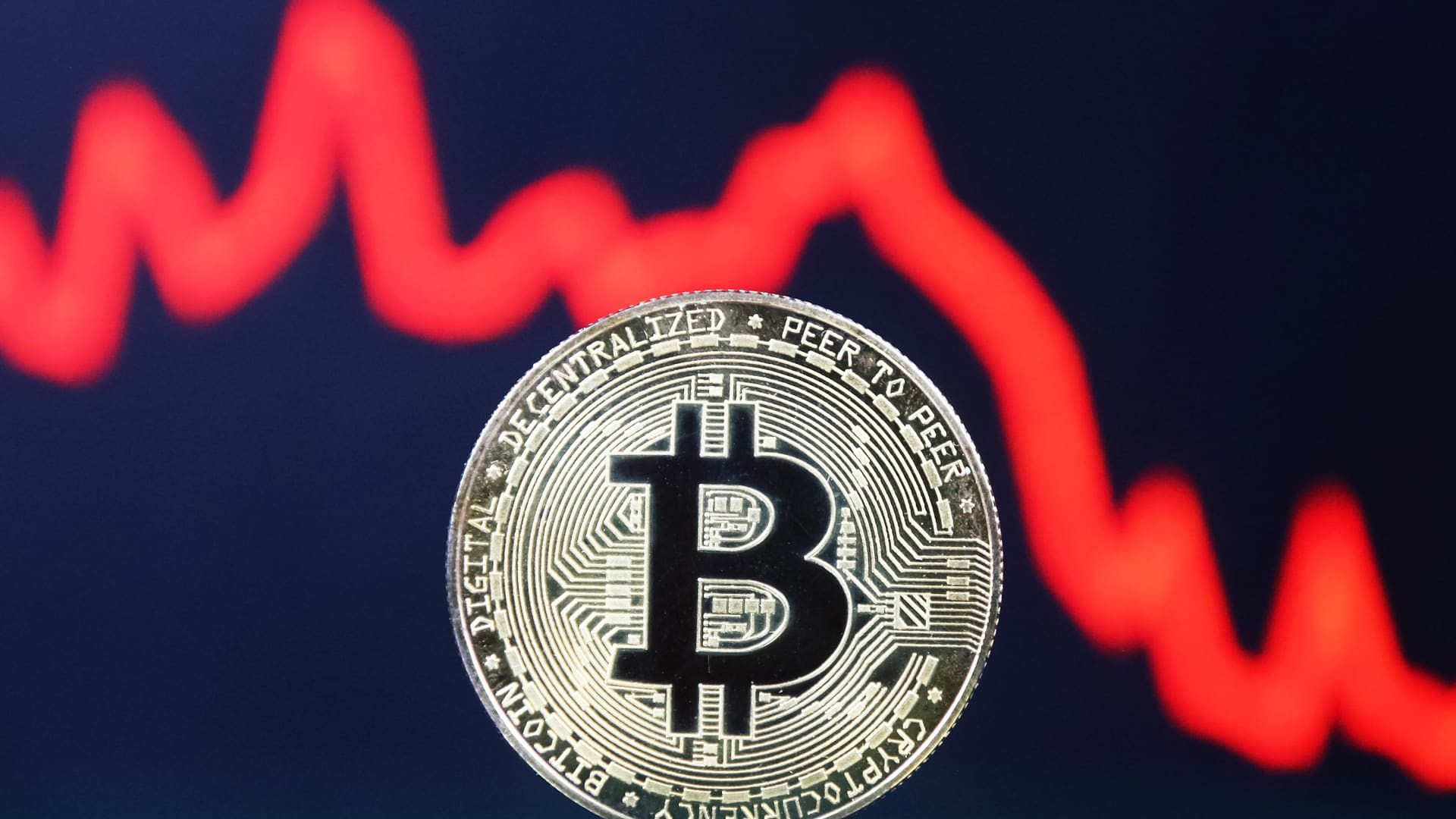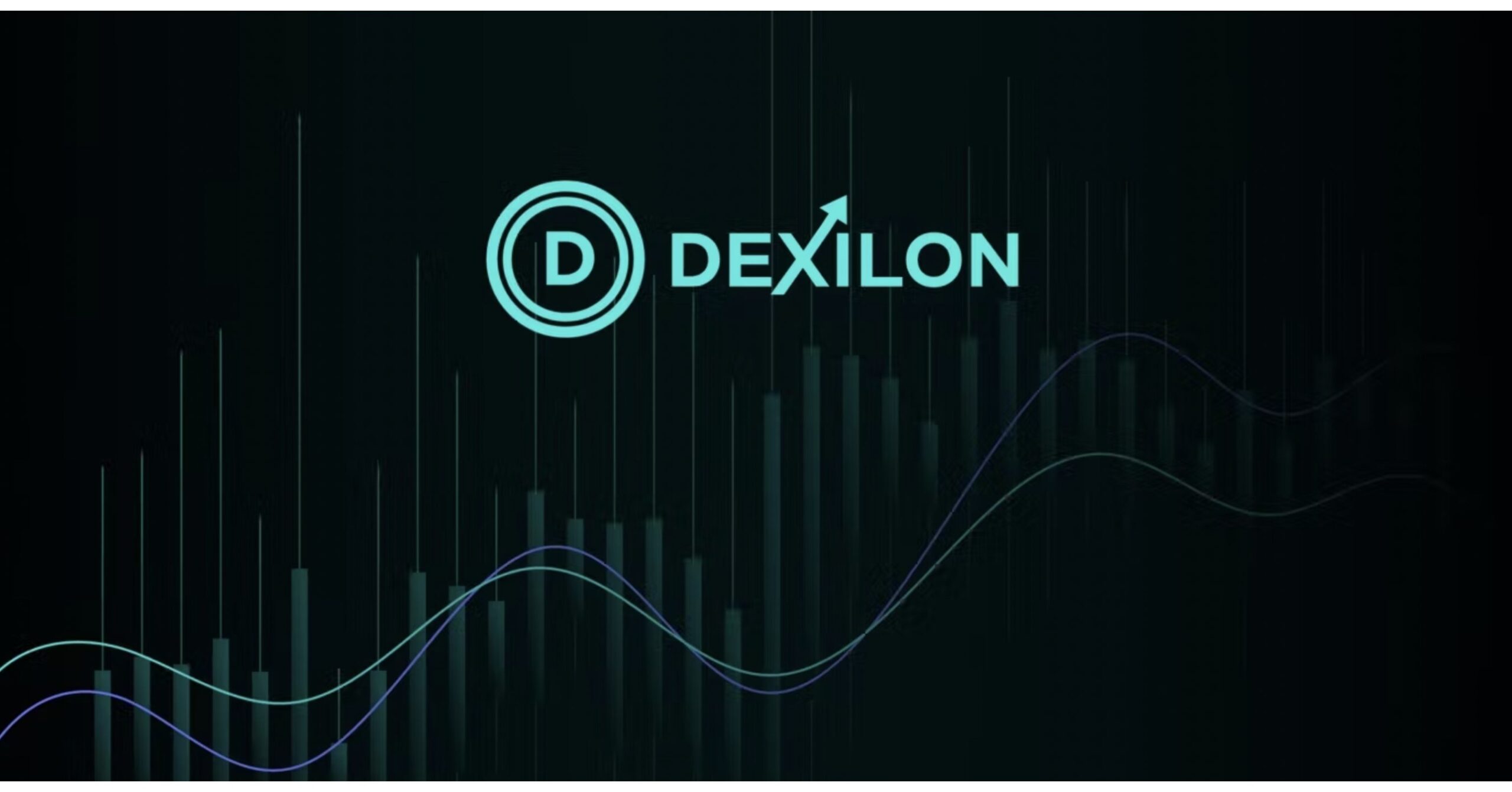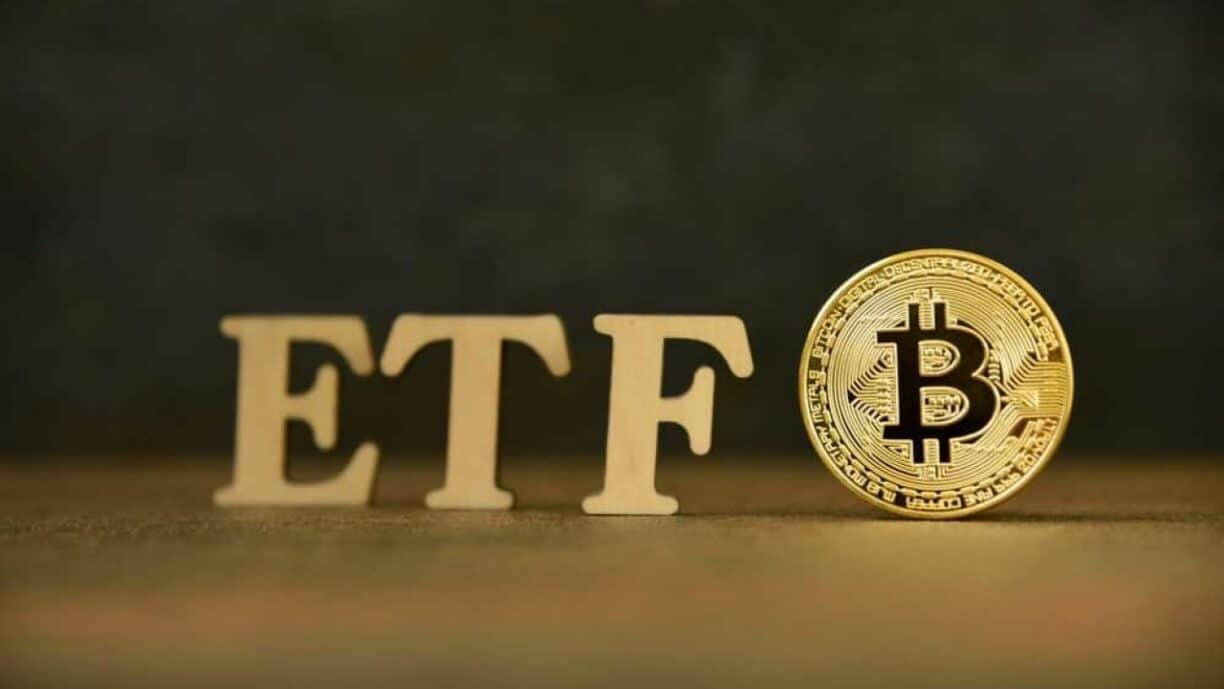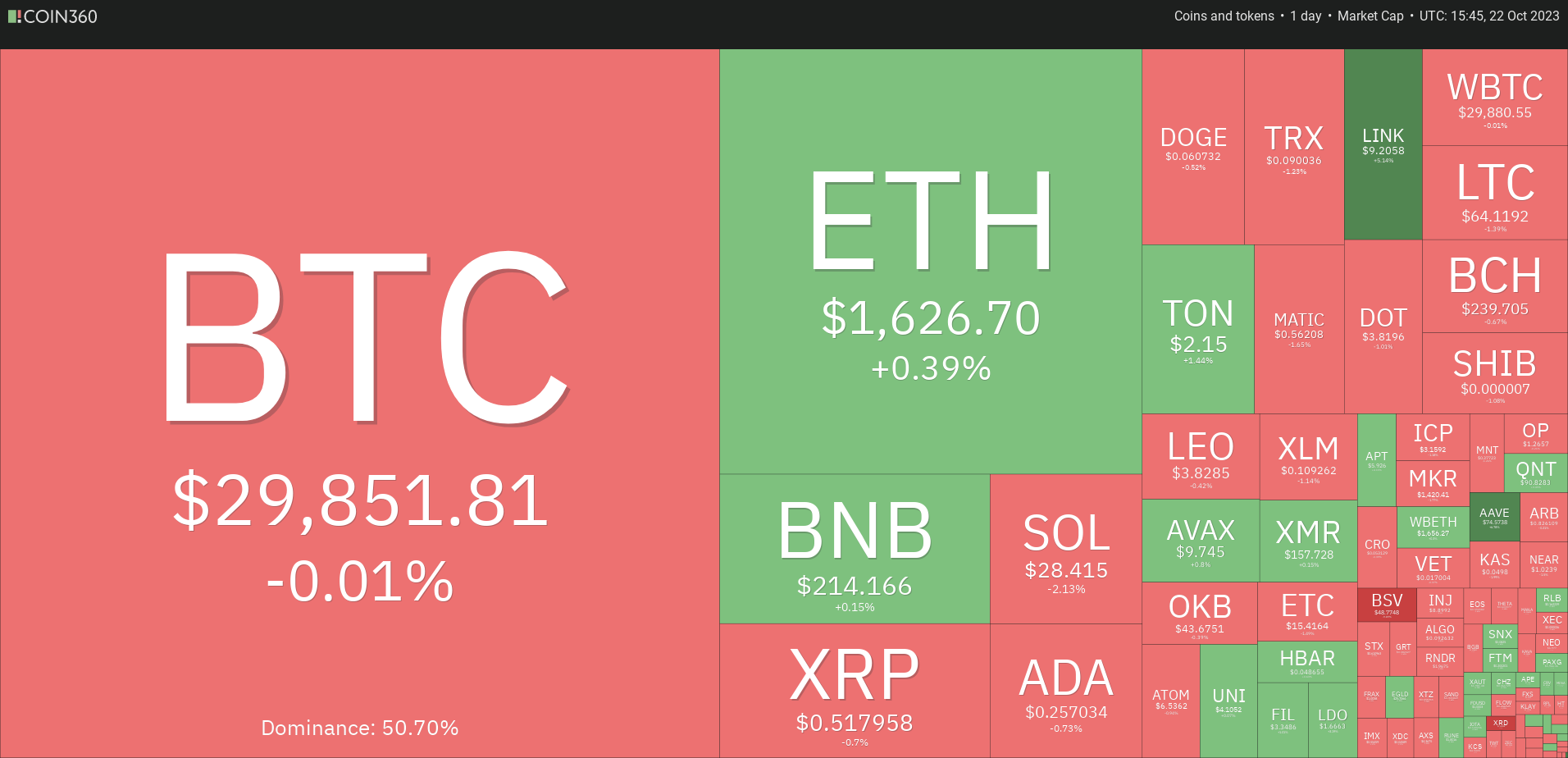HIGH BITCOIN MINING FEES FROM BRC-20 AND ORDINALS LEAD TO CONTROVERSY AND CHALLENGES
In the ever-evolving landscape of cryptocurrency world, the cryptocurrency Bitcoin Mining remains the undisputed.

In the ever-evolving landscape of cryptocurrency, the crypto Bitcoin Mining remains the undisputed king. However, with its dominance comes a set of challenges, and one of the most pressing issues in recent times has been the rising fees associated with Bitcoin transactions. In this blog post, we will explore the causes and consequences of high Bitcoin fees, particularly in the context of BRC-20 tokens and ordinals. We will also delve into the controversies surrounding these issues and the challenges they pose to the cryptocurrency ecosystem.
Understanding Bitcoin Mining Fees
Before we dive into the specifics of high Bitcoin fees, let?s establish a basic understanding of what these fees are and why they exist. Bitcoin fees are transaction fees paid by users to miners in order to have their transactions included in the blockchain. These fees serve two primary purposes:
- Incentivizing Miners: Miners are the individuals or entities responsible for validating and adding new transactions to the Bitcoin blockchain. They invest computational power and resources to secure the network. Bitcoin fees provide an incentive for miners to prioritize certain transactions over others, ensuring the network?s security and efficiency.
- Preventing Spam: Without transaction fees, the Bitcoin network could be vulnerable to spam attacks, where malicious actors flood the network with countless transactions, slowing it down and making it less reliable for legitimate users.
The Rise of BRC-20 Tokens
Bitcoin?s primary function has historically been that of a digital store of value and a medium of exchange. However, the emergence of BRC-20 tokens has expanded its use case significantly. BRC-20 tokens are a type of cryptocurrency mining machine token created on the Bitcoin blockchain using the RSK platform. These tokens enable various functionalities, such as smart contracts and decentralized applications (DApps), making Bitcoin more versatile.
While BRC-20 tokens have brought innovation to the Bitcoin ecosystem, they have also contributed to the problem of high Bitcoin fees. The increased usage of these tokens, along with their smart contract capabilities, has led to more complex transactions, which, in turn, require higher fees to be prioritized by miners.
The Impact of Ordinals on Bitcoin Mining Fees
In the context of Bitcoin, ?ordinals? refer to the position of transactions in the mempool, the waiting area for transactions before they are included in a block. Bitcoin transactions are processed in a first-in-first-out (FIFO) manner, meaning that older transactions are typically included in blocks before newer ones. This order is maintained to ensure fairness and prevent any form of manipulation.
However, the ordinal position of a transaction can significantly affect the fees required for its inclusion in a block. Transactions that urgently need confirmation, such as those involving time-sensitive trades or financial transfers, often bid higher fees to jump the queue. This practice, known as ?fee bumping? or ?replace-by-fee? (RBF), can lead to bidding wars and skyrocketing fees during periods of high demand.
IV. Controversies Surrounding High Bitcoin Fees
The rise in Bitcoin fees has sparked significant controversy within the crypto mining software community. Here are some of the key points of contention:
- Accessibility: High fees can make Bitcoin transactions prohibitively expensive for smaller investors and users in regions with limited access to financial services. This raises concerns about Bitcoin?s inclusivity and its ability to serve as a global digital currency.
- Centralization: Some argue that the high fees are pushing users towards centralized solutions and off-chain scaling solutions, such as the Lightning Network. This trend potentially compromises the decentralized nature of Bitcoin.
- User Experience: High fees can result in slow confirmation times, frustrating users who expect quick and efficient transactions. This impacts the overall user experience and adoption of Bitcoin.
- Network Congestion: Congestion caused by fee wars can lead to delays in transaction confirmations, undermining Bitcoin?s reliability as a payment method.
Challenges and Potential Solutions
Addressing the challenges posed by high Bitcoin fees is crucial for the long-term success and sustainability of the cryptocurrency. Here are some potential solutions and ongoing efforts:
- Segregated Witness (SegWit): SegWit is a protocol upgrade that separates transaction data from signature data, reducing the size of transactions. It has been adopted by many wallets and exchanges to help lower fees.
- Layer-2 Solutions: The Lightning Network and other layer-2 solutions aim to facilitate faster and cheaper Bitcoin transactions by conducting most of them off-chain and settling them on the main blockchain periodically.
- Fee Estimation Tools: Wallets and exchanges are developing more sophisticated fee estimation algorithms to help users choose the appropriate fee for their transactions.
- Research and Development: Developers and researchers are continuously working on improving the scalability and efficiency of the Bitcoin network, exploring options like Schnorr signatures and Taproot.
- Community Dialogue: Open and constructive discussions within the Bitcoin community are essential to finding consensus on fee-related issues and potential upgrades.
High Bitcoin fees stemming from the use of BRC-20 tokens and the impact of ordinals on transaction prioritization have led to a contentious debate within the crypto mining calculator space. While these challenges are significant, they also present opportunities for innovation and improvement in the Bitcoin ecosystem.
As the cryptocurrency landscape continues to evolve, it is essential for stakeholders, including developers, miners, and users, to work together to find solutions that balance the need for security, scalability, and affordability. In doing so, Bitcoin can remain a reliable and accessible digital currency for people around the world, minimizing controversies and overcoming the challenges posed by high fees.
What's Your Reaction?
















